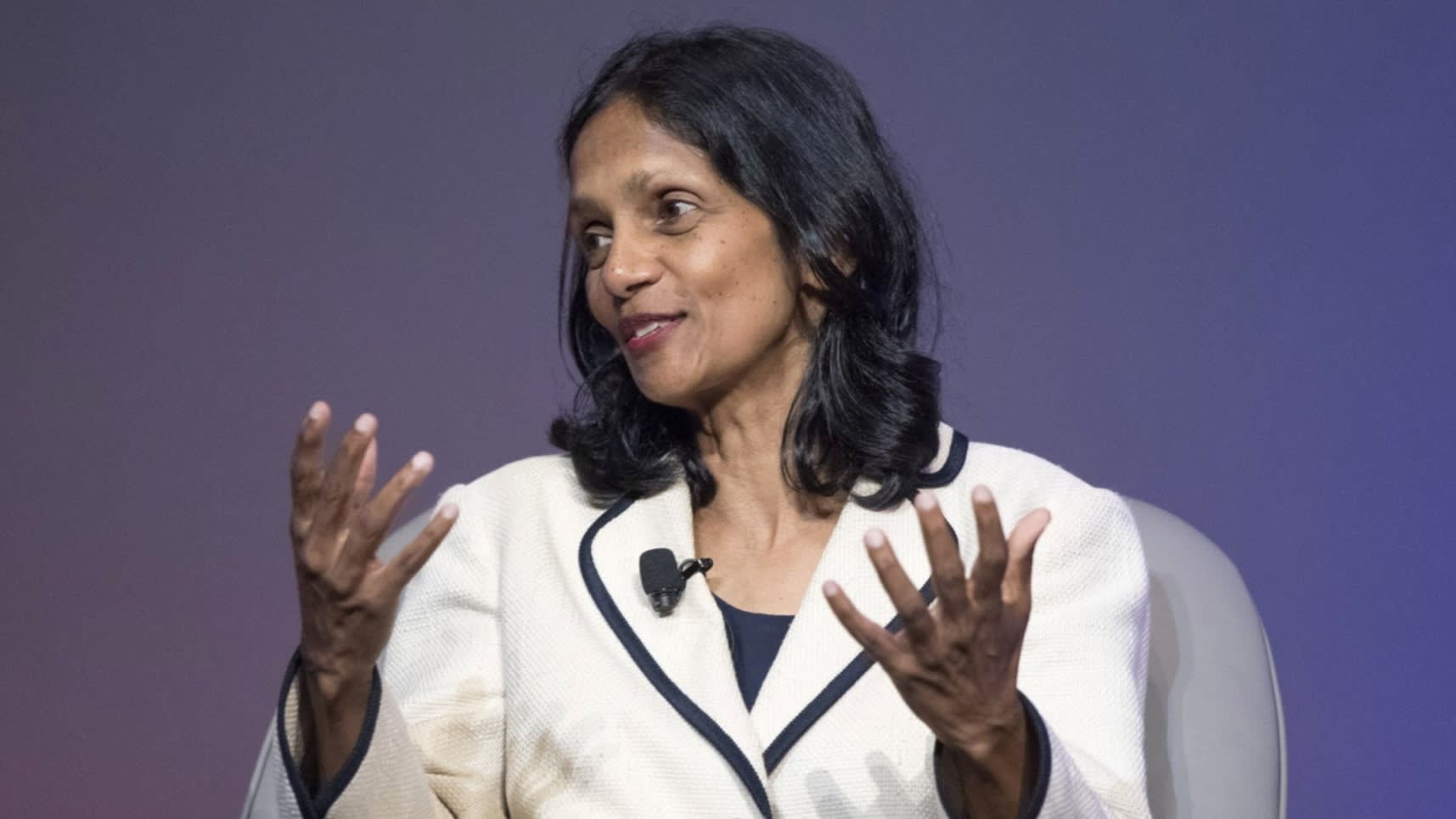
Macquarie Group has long prided itself on being the breakout star of Australia’s parochial financial services sector, generating outsized returns for investors — and outsized pay packets for its staff — through global investments in infrastructure, renewable energy and data centres.
Yet an investor revolt over pay has highlighted the complexity and culture of a company that has outgrown its entrepreneurial roots as the distant outpost of a British merchant bank.
Shareholders have balked at a remuneration policy that has earned Macquarie the nickname “the millionaires factory”. Despite the board’s efforts to assuage concerns over sky-high pay, more than a quarter of investors rejected its remuneration proposal last month.
The vote has shifted focus to the corporate culture of a company that has long encouraged risk-taking and rewarded top performers with packages rivalling those of Wall Street bosses.
“This is a clear indication to Macquarie’s management, and the board, to lift its game and dispel perceptions of ‘hubris’ and ‘culture slippage’,” said Brian Johnson, an analyst with MST Marquee.
Investors said they were frustrated that a string of penalties and investigations by Australian, UK and US regulators over governance failures had not been adequately reflected in executive remuneration.
In the past year, Macquarie has reached an $80mn settlement with the US Securities and Exchange Commission for inflating the value of its assets and been fined £13mn by the UK Financial Conduct Authority after one of its London-based traders recorded more than 400 fictitious trades to hide losses.
Most damaging was a move in May by the Australian Securities and Investments Commission to sue over the misreporting of short selling data during a 14-year period, calling it “systemic misleading conduct”. The regulator noted it was its fourth action against Macquarie in little more than a year.
Meanwhile, the nine highest-paid executives together received almost A$100mn (US$65mn) in the latest fiscal year. “It just seems out of whack in the current environment even if it is completely consistent with Macquarie’s long-term policies,” said John Egan, a governance consultant.
Some shareholders asked why Macquarie had not followed the example of Commonwealth Bank of Australia, the country’s largest retail bank, which scrapped short-term bonuses for top executives in 2017 after a series of governance failures.
Macquarie said at its annual meeting last month there would be pay ramifications related to the Asic action in the coming year. But chief executive Shemara Wikramanayake stressed its “remuneration framework” remained core to how it delivered value. “It would be very difficult to keep delivering that value if there were fundamental concerns about that framework,” she said.
The company told the Financial Times it sought to “uphold the highest standards in meeting the expectations of regulators” in the markets where it operates. “If something goes wrong, our approach is to report the issue, engage constructively with regulators, fix the problem and learn from any mistake.”
An institutional shareholder who wished to remain anonymous said the governance issues and remuneration policy would not have generated such fury had Macquarie been performing well.
Net profit in the fiscal year to March rose 5 per cent to A$3.7bn. The figure however for the first quarter, which ended in June, declined year on year. Weaker performance in its asset management unit and commodities and global markets arm led to downgrades of full-year profit expectations.
“They’re a fair-weather business and the environment has been tough,” said the shareholder. “Once the tide turns, they’ll do well, but pressure is building.”
Founded in 1969 as an Australian subsidiary of UK bank Hill Samuel, Macquarie has grown into a giant asset manager with more than A$940bn under its purview and investments ranging from beleaguered water suppliers in England to wind farms in Brazil.
It derives two-thirds of its revenue outside its home market, with the commodities trading arm among its best performers. In recent years, growth has also been driven by its Australian retail bank and investment banking operation.
Shareholders and analysts said improving market conditions in the coming years should allow Macquarie to sell assets and free up capital to pursue new growth investments.
Matthew Wilson, an analyst with Jarden, said the company was a “great business caught in the midst of both its own transition and global realignment of geopolitical alliances and capital flows” stemming from US tariffs and trade disruptions. The question was how long the market would continue to “look through ongoing earnings downgrades”, he said.
Wikramanayake, who is approaching seven years as chief executive, is not expected to step down soon, but buzz over succession was reignited after Macquarie announced the departure of chief financial officer Alex Harvey last month. Michael Silverton, head of Macquarie Capital, and Ben Way, head of the asset management arm, are now seen as contenders.
Meanwhile, the company has sought to calm investors, with executives holding client dinners in Melbourne and Sydney in the past two weeks, according to two people who attended the meetings.
They have been able to point to Macquarie’s bumper $16bn sale of data centre company AirTrunk to Blackstone, the $1.8bn sale of its US-based asset management business to Nomura and plans to sell its Australian agricultural operation Paraway Pastoral as examples of how it is adapting to a volatile global trading environment.
“The board is confident that we’re on the right cultural path, but things will go wrong from time to time,” Glenn Stevens, the former Reserve Bank of Australia governor who chairs Macquarie, told investors at the annual meeting, adding that he would “reflect carefully” on their protest.



